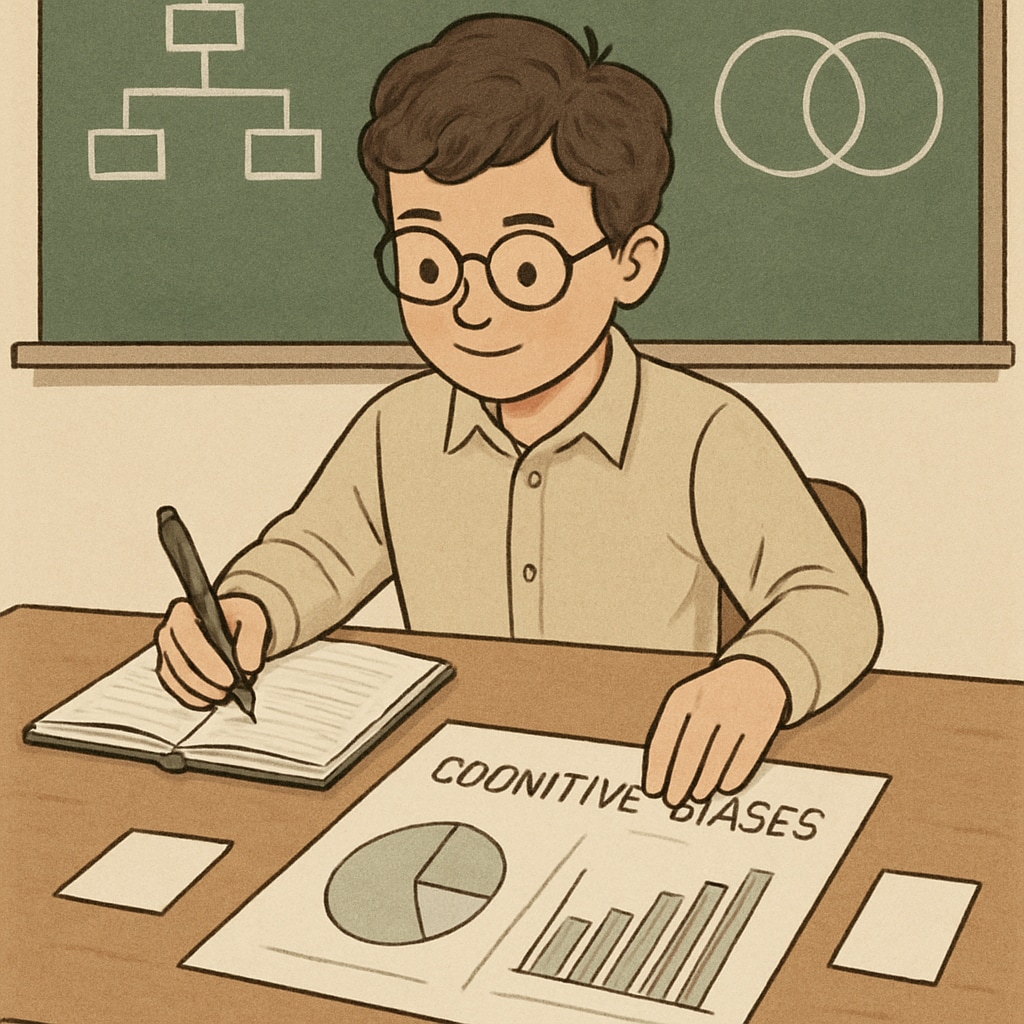Incorporating psychology, philosophy, and extracurricular learning into the K12 stage can significantly shape students’ critical thinking and self-awareness. These disciplines offer unparalleled tools for understanding the human mind, reasoning, and the complexities of existence. By exploring these subjects outside the traditional curriculum, students can lay the groundwork for lifelong intellectual curiosity and personal growth.
Why Psychology and Philosophy Matter in K12 Education
Psychology and philosophy are often reserved for higher education, yet their fundamental principles are highly beneficial for younger learners. These subjects help students ask important questions: Why do we think the way we do? How can we make better decisions? What is the nature of truth? Introducing these concepts early fosters a curiosity about the world and a deeper understanding of oneself.
For example, psychology introduces concepts such as emotional intelligence, cognitive biases, and mental health awareness. Philosophy, on the other hand, encourages students to think critically about ethical dilemmas, logic, and existential questions. Together, these disciplines can build a foundation for skills like empathy, analytical reasoning, and reflective thinking.

Practical Ways to Introduce Psychology and Philosophy
Bringing these subjects into a K12 context doesn’t require a complete overhaul of the curriculum. Instead, educators and parents can use creative approaches to spark interest and engagement. Here are a few suggestions:
- Books and Stories: Introduce age-appropriate literature that explores psychological or philosophical themes. For instance, books like “Man’s Search for Meaning” by Victor Frankl or “Sophie’s World” by Jostein Gaarder can inspire deeper thinking.
- Podcasts: Encourage students to listen to podcasts like “The Happiness Lab” or “Philosophize This!” that present complex ideas in an accessible way.
- Interactive Activities: Role-playing ethical dilemmas or conducting simple psychological experiments can make these subjects engaging and relatable.
- Online Resources: Websites like Simply Psychology and Stanford Encyclopedia of Philosophy offer excellent beginner-friendly materials.
These activities not only make learning enjoyable but also demonstrate the practical relevance of these disciplines in everyday life.

Developing a Lifelong Learning Mindset
Introducing psychology and philosophy during the K12 years isn’t just about academic enrichment; it’s about fostering a mindset of lifelong learning. These subjects encourage students to view challenges as opportunities to grow and to question their assumptions about the world. As a result, they develop a more resilient and open approach to life.
For instance, exploring philosophical questions like “What is the good life?” can help students define personal values and goals. Similarly, understanding psychological concepts like growth mindset can empower them to face academic and personal challenges with confidence.
By integrating these disciplines into their learning journey, students are better equipped to navigate the complexities of adulthood, from interpersonal relationships to career decisions.
Conclusion: Begin the Journey Today
Incorporating psychology, philosophy, and extracurricular learning into the K12 stage paves the way for a deeper understanding of the self and the world. By using accessible resources, engaging activities, and fostering curiosity, educators and parents can help students develop critical thinking skills and self-awareness that will serve them for a lifetime. These disciplines hold the power to transform not only how students learn but also how they live.
Whether through books, podcasts, or hands-on experiments, the journey into psychology and philosophy is one of exploration and discovery. It’s never too early—or too late—to begin.
Readability guidance: Short paragraphs, accessible language, and a clear structure ensure this article is easy to follow. Lists and examples make the content practical, while transitions connect ideas cohesively.


